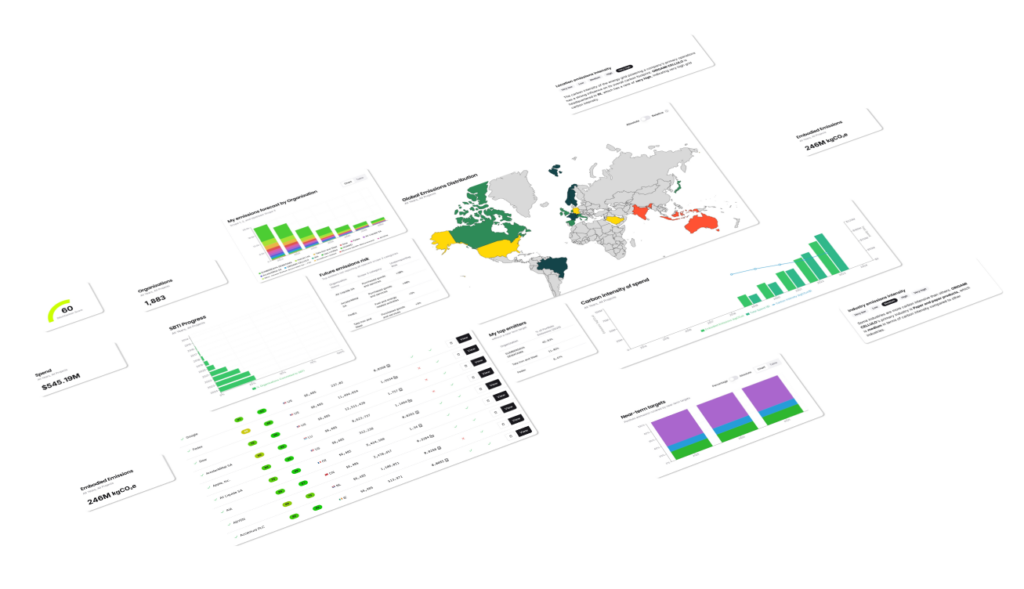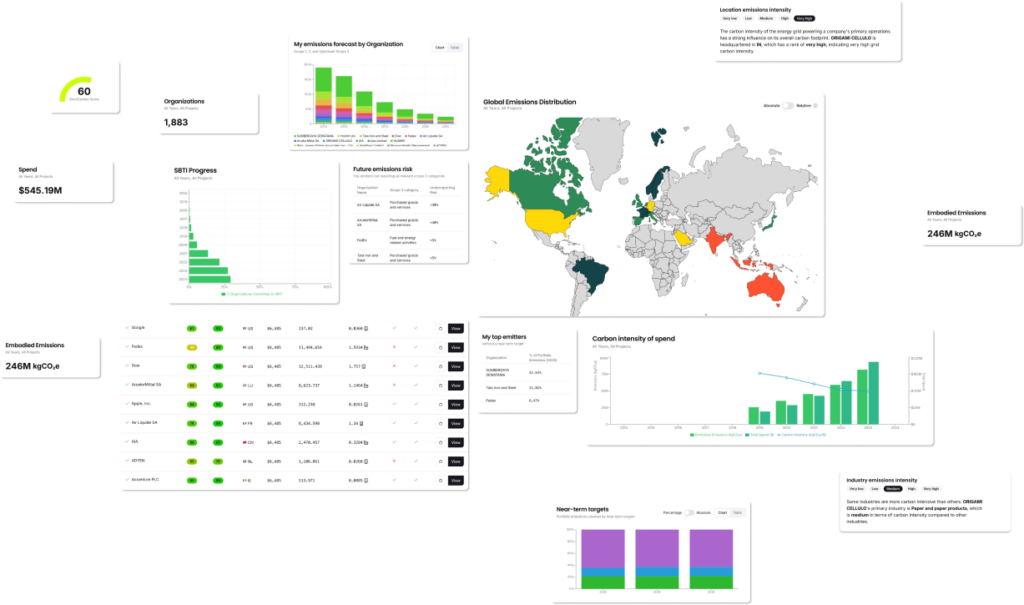
Lubrizol
Sustainability Report and Carbon Intensity Rankings
Is Lubrizol doing their part?
Their DitchCarbon score is 0
Lubrizol has a DitchCarbon Score of 0, indicating a lack of progress in sustainability and emissions reduction. This score suggests high carbon intensity in their operations. The company may need to implement significant measures to improve its environmental impact and lower its carbon footprint.
This was calculated based on 30+ company specific emissions data points, the higher the score, the better. Check out our methodology.
Industry emissions intensity
Very low
Low
Medium
High
Very high
Lubrizol is a company in the industrial manufacturing sector, which has a carbon intensity ranking of medium. Some industries are more damaging than others, this ranking gives you an indication of how carbon intensive the industry is which this company operates in.
Location emissions intensity
Very low
Low
Medium
High
Very high
Lubrizol, located in the United States, operates in a region with a low carbon intensity rating. This suggests that the company’s sustainability efforts are positively influenced by the country’s overall lower environmental impact.
Unlock 30+ emissions data points on Lubrizol
Get the emissions intelligence you need, no surveys required.
– Historical Scope 1, 2 and 3 emissions
– Coverage of all industries, product level data
– Emissions forecasting, assurances

Unlock 30+ emissions data points on Lubrizol
Get the emissions intelligence you need, no surveys required.
– Historical Scope 1, 2 and 3 emissions
– Coverage of all industries, product level data
– Emissions forecasting, assurances


41.29%
...this company is doing 41.29% worse in emissions than the industry average.
Founded in 1928 and headquartered in Wickliffe, Ohio, The Lubrizol Corporation operates within the US industrial manufacturing sector as part of Berkshire Hathaway. As a global leader, Lubrizol specializes in the creation of specialty chemicals for the transportation, industrial, and consumer markets, focusing on enhancing product quality and environmental sustainability. The company offers a diverse range of services, including lubricant additives, ingredients for personal care products, and specialty materials for various applications, with a workforce of around 8,300 employees and a presence in 17 countries.
Bad news, Lubrizol hasn't committed to SBTi targets yet
Lubrizol has not yet established specific commitments with the Science Based Targets initiative (SBTi). This means the company is still in the process of defining clear, science-based emissions reduction targets to align with global efforts to limit climate change.

Not participating
Claim this profile
Are you associate with this company?
Help us improve our data and claim this profile.
Our methodology
Read about our emission calculation methodologies, and what the DitchCarbon Score means.
Other company reports in this industry
Looking for a specific company?
Search our company directory or contact us for custom data requests.